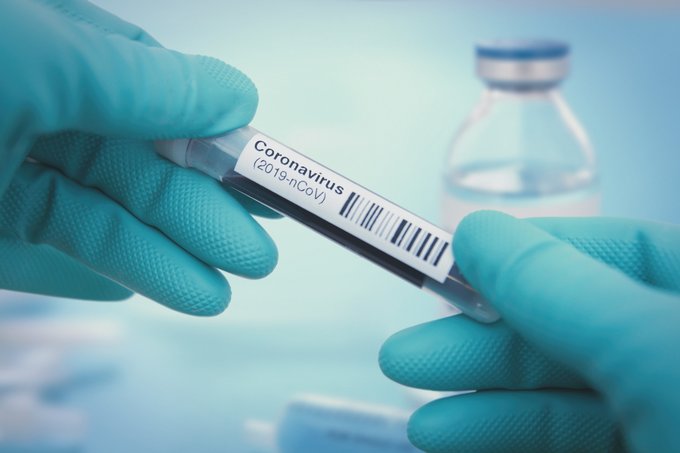A new study has revealed that COVID-19 patients are less likely to infect others after the first week of contracting the disease.
According to the BBC, the study found that the PCR swab test – the standard diagnosis for the coronavirus mainly in use in Nigeria – is “so sensitive” it could be picking up fragments of dead virus.
It quoted Carl Heneghan, one of the study’s authors, as saying that COVID-19 infectivity “appears to decline after about a week”.
So far, there are 26.8 million clinically confirmed cases of the coronavirus, out of which only seven million are still active.
Advertisement
But what this new study suggests is that some of those who tested positive for the disease may have had dead fragments of the virus – including those who had previous infections that are thought to be reinfected.
It is also states that the virus detected in some of the cases had low infectivity rate and so, posed no risk of getting transmitted to others in the first place.
This is because the PCR swab test does not detect how much virus is in a sample being diagnosed or its infectivity.
Advertisement
Therefore, Heneghan said instead of the test resulting in a yes/no diagnosis, it should have “a cut-off point so that very small amounts of virus do not trigger a positive result”.
He said such cut-off points could reduce the likelihood of false-positive results.
There have been concerns over false-positive or false-negative COVID-19 results which usually depend on the type of diagnosis used.
But some experts, including Dani Zander, chief of Pathology and Laboratory Medicine at UC Health, argued that a false-negative test can happen “if one has a very low viral load”.
Advertisement
The authors of the study also believe the recording of cases where the virus infectivity has already declined explains why increased cases have not translated into increased admission in hospitals.
Add a comment







